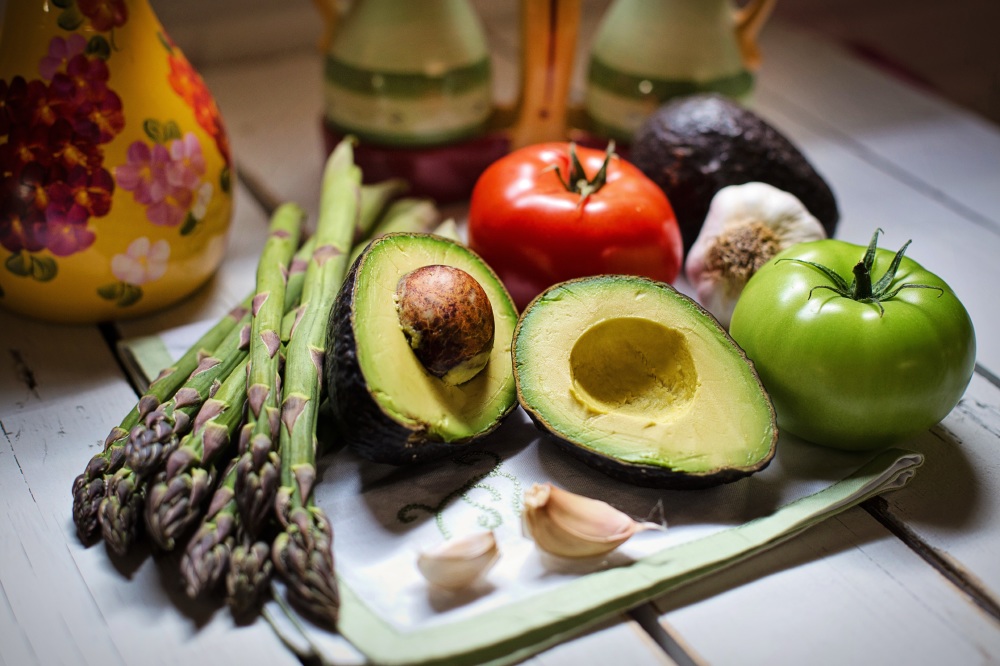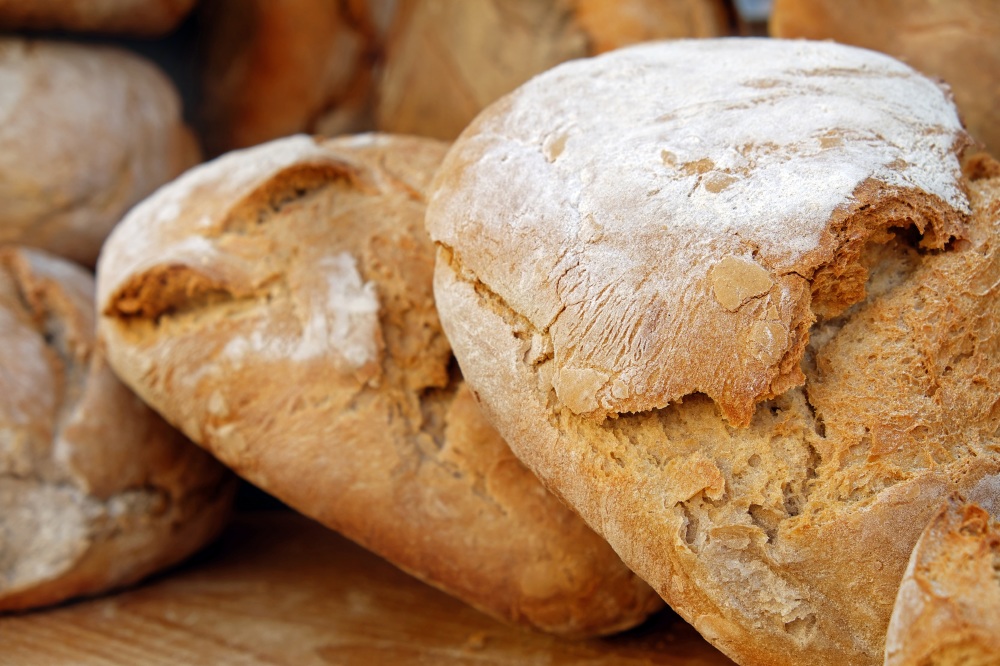Registered dietitian and Head of Public Health and Programme at Weight Watchers, Zoe Griffiths, has teamed up with Female First to bust some common weight loss myths, and let you all in on the real secrets of the diet trade. Take note, and you'll be shifting the pounds in no time!

Zoe Griffiths, Head of Public Health and Programme at Weight Watchers
Detoxes
Many people wonder about detoxes – if detoxing actually works, whether it will help you lose weight, and what it actually does.
At its base level, a “detox” might involve fasting, a restricted diet, eating only specific foods and/or eliminating others, taking charcoal supplements or drinking only juices. Its purported aim is to remove “toxic” waste from the body and is often associated with benefits like quick weight loss, increased energy levels, or glowing skin. However, it’s key to remember that if something seems too good to be true, it usually is.
A detox diet may be short on the range of nutrients we all require for good health, and some of the diets are too low in calories, leading to an unhealthy rate of weight loss. That type of diet is not sustainable in the long term, and so any weight lost is likely to be quickly regained when old eating habits creep back in. However, following a sensible eating plan that includes foods from the major food groups and allows occasional treats, is proven to help people achieve sustainable weight loss, prevent nutrient deficiencies and reduce risk of disease.
The reality is, there is no scientific evidence to show that detoxing works. A healthy body is capable of removing wastes and toxins on its own. When people claim they have more energy or “feel more healthy” following a detox, it’s more likely down to the lifestyle change they have made, for example, drinking less alcohol or generally eating healthier.
Veganism = an easy way to lose weight
While there’s no doubt that a plant-based diet has many health benefits - like helping to prevent type 2 diabetes, cardiovascular disease and lowering high blood pressure - eliminating entire food groups from your diet can put you at risk of being deficient in certain nutrients. Common watch outs include calcium, vitamin D, iron, vitamin B12, zinc and omega-3 fatty acids.
Although studies have shown that vegans have a lower BMI than that of meat eaters, be sure to pay close attention to the ingredients in your foods – many vegan meals and food items can be high in sweeteners or highly processed oils to compensate for the lack of ingredients like butter and eggs.

Eating after a certain time is bad for you
This myth is based on the idea that your body’s metabolism slows down as you prepare to sleep. While in theory, this sounds logical, it’s simply not true. Think of your body as a machine that runs 24/7, 365 days a year – just because it’s late at night doesn’t mean eating equals automatic weight gain.
Weight gain that people attribute to late night eating can really be put down to behaviour. When someone feels “bad” about their eating the feeling of guilt is likely to lead them into further overeating. Or, perhaps the person feels the need to compensate for eating late at night by not eating breakfast. By mid-morning they’re likely to reach for an easy snack like crisps or biscuits – hence, weight gain.
As a rule, if you stick to a balanced diet and exercise regularly, eating a healthy evening snack shouldn’t have a negative effect on your weight.
Fat (oils, avocado, etc.) is bad for you
It’s all about moderation – too much saturated fat like butter, ghee or fatty cuts of meat will lead to high cholesterol levels, but a little fat is considered part of a healthy, balanced diet. The UK dietary guidelines recommend no more than 70g of fat a day, of which 20g may be saturated fats.
Fat is needed to absorb vital nutrients like vitamins A, D, E and K and can provide essential fatty acids that can’t be produced by our bodies, for example, the omega-3 fatty acids in oily fish such as salmon, mackerel and fresh tuna. Remember, all oils are high in calories so use them sparingly when cooking and where possible opt for mono- or poly-unsaturated oils like olive, rapeseed or sunflower.

Carbs are bad for you
Many people believe that cutting out carbs will automatically mean weight loss – this isn’t true. Carbs are an essential part of a healthy, balanced diet and the body needs carbs for energy. In most cases, it’s not the consumption of carbs that leads to weight gain, it’s the consumption of too many calories over all.
Not all carbs are created equal either – wholegrain varieties of bread, rice and pasta can help you feel fuller for longer and often have higher fibre content. Wholegrains include things like barley, oats, quinoa, rye, bulgur wheat, brown rice, and whole wheat pasta and couscous.
Giving up gluten will make you healthier
Gluten as a buzzword has been going around for some time now, but is it another fad or does giving up gluten actually improve your health?
Gluten free foods are only a necessity for those who suffer from coeliac disease, a condition which affects about one in 100, and those with a gluten sensitivity or intolerance. Coeliacs are unable to digest gluten, a protein found in wheat, barley and rye and can have difficulty absorbing vital nutrients and will experience symptoms like bloating, tiredness and diarrhoea. Coeliac disease is usually diagnosed by a blood test.
Although you may feel healthier on a diet containing less or no gluten, the sensitivity isn’t well understood scientifically and some experts believe that any benefit felt from cutting out foods like cakes, biscuits and pastries actually comes from the fact that you’re consuming fewer calories.

Diet drinks can be considered “healthy”
Diet drinks like Diet Coke or Sprite Zero are ubiquitous around the world for those who are looking to reduce their sugar or calorie intake. Instead of sugar, these drinks are sweetened artificially with things like aspartame, saccharin or sucralose.
Because they are usually calorie free it is easy to assume that they are a positive weight loss tool. However, scientists have suggested that diet drinks may actually increase appetite by stimulating hunger hormones, altering sweet taste receptors and triggering dopamine responses in the brain. Furthermore, because diet soft drinks do not have calories, these responses may cause a higher intake of sweet or calorie-dense food.
There is no hard and fast rule when it comes to sugar free soft drinks – where one observational study indicates positive weight loss results, another will do the opposite. Moderation, as always, is key.
Tagged in Weight Watchers

